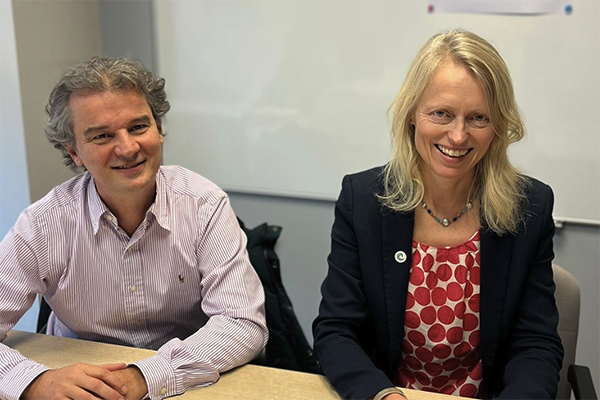
Fisheries
MarinTrust, MSC collaboration will target marine ingredient supply chains
Two global wild-capture fisheries standards holders will be working together to enhance cooperation within marine ingredient supply chains.
Fisheries
GSSI-certified fisheries now meet MarinTrust’s key pre-check, reducing duplication and streamlining certification for marine ingredients.

Fisheries
Two global wild-capture fisheries standards holders will be working together to enhance cooperation within marine ingredient supply chains.
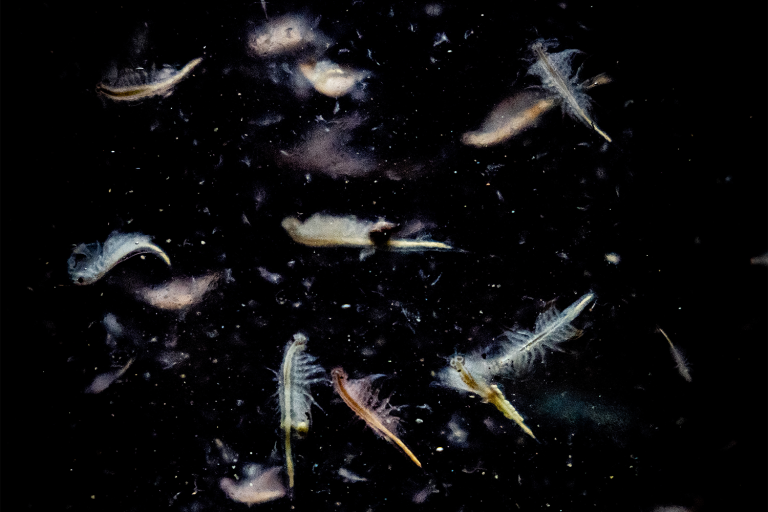
Aquafeeds
Scotland-based Aquanzo believes marine protein does not need to be replaced – it needs to be reproduced, starting with artemia.
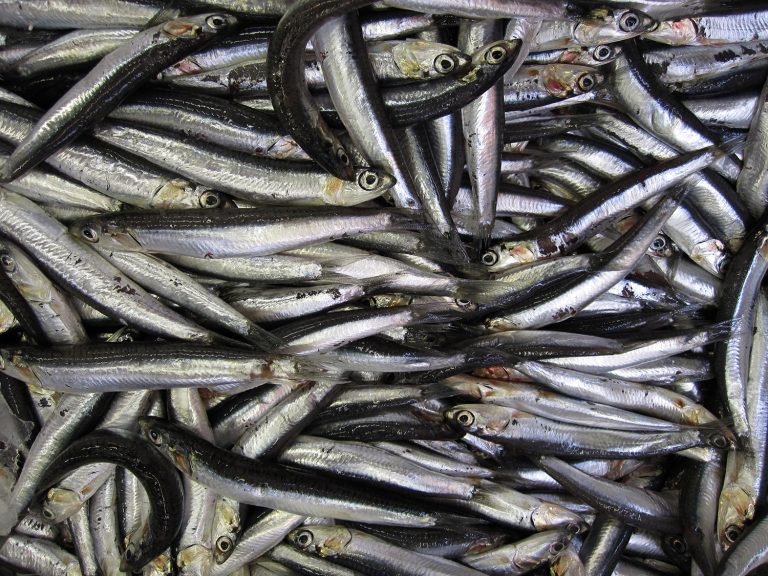
Aquafeeds
Marine ingredients are typically lower in environmental footprint vs. terrestrial ingredients but fisheries stock status must be considered separately.
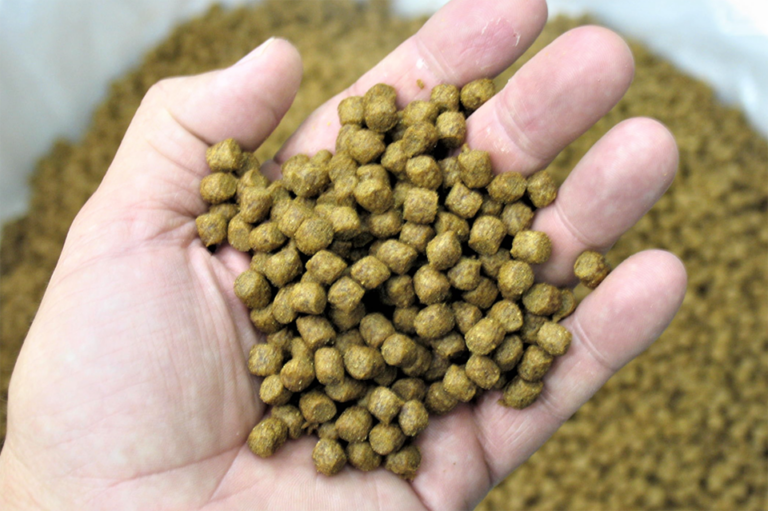
Aquafeeds
University of Stirling researchers say fed aquaculture efficiently utilizes traditional marine feed ingredients, refuting a recent published study.
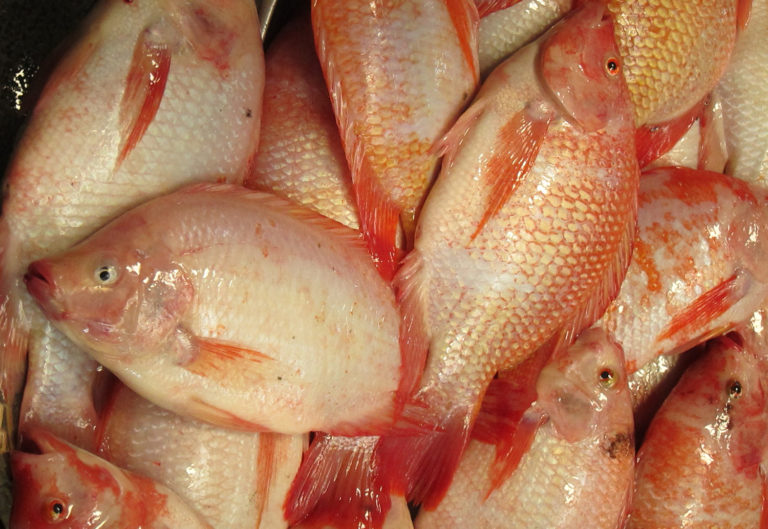
Aquafeeds
Nutritional study with Nile tilapia compared three microalgal diets to a reference diet containing fishmeal and fish oil levels found in commercial feed.
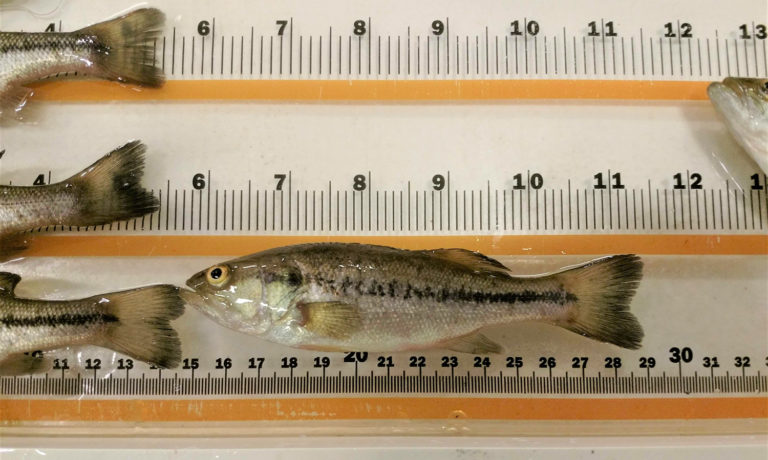
Aquafeeds
Trials unambiguously demonstrate that marine ingredients can be removed from largemouth bass diets without hampering growth, health or flavor.
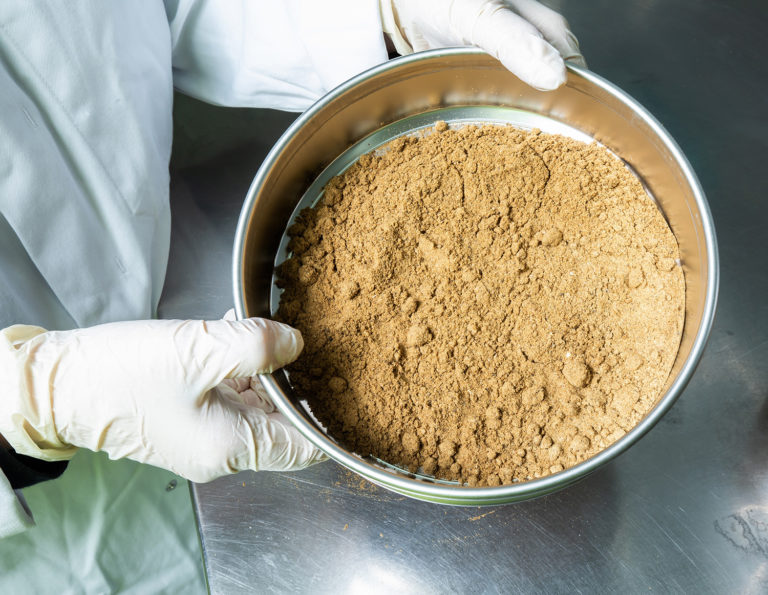
Aquafeeds
IFFO Director General Petter M. Johannessen says fishmeal and fish oil offer unmatched nutrition and benefits to fuel aquaculture’s growth trajectory.
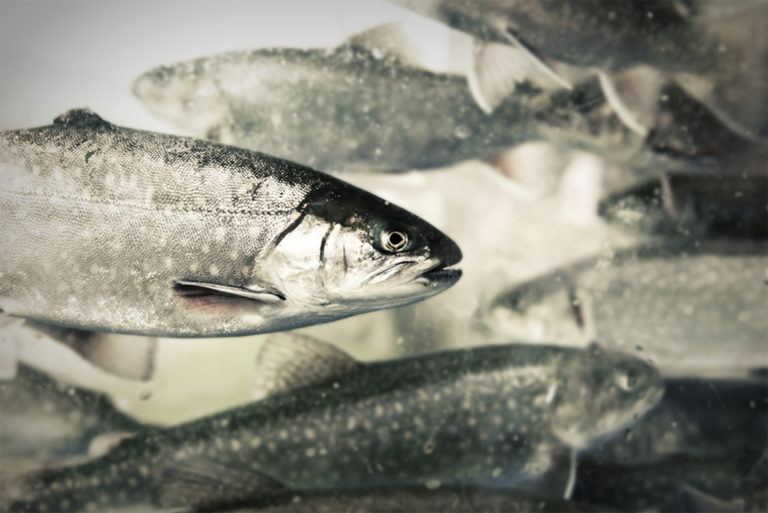
Aquafeeds
Kevin Fitzsimmons, leader of the F3 (fish-free feed) Challenge, says aquaculture may currently depend on fishmeal and fish oil, but farmed fish do not.
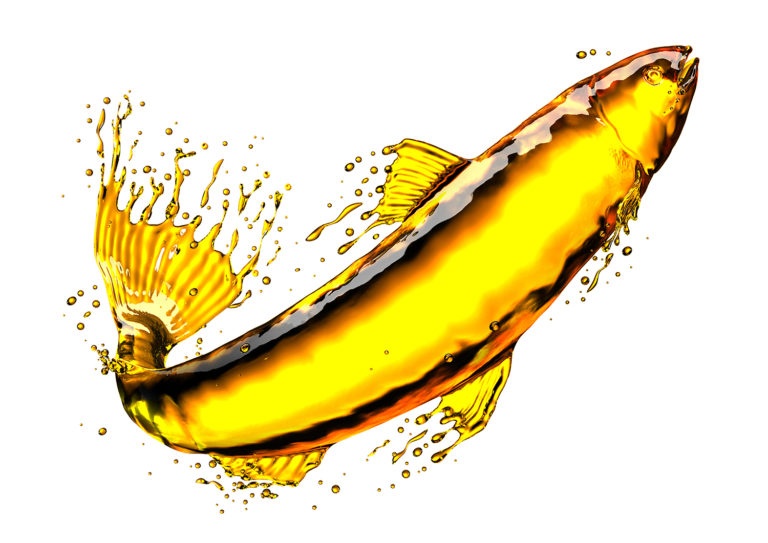
Aquafeeds
The Future of Fish Feed (F3) initiative aims to jumpstart innovation in terms of viable fish-free substitutes to fish oil through the global F3 Fish Oil Challenge.